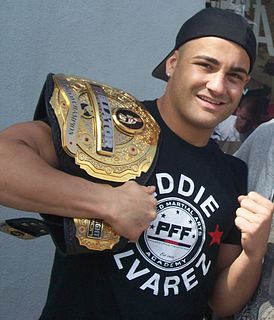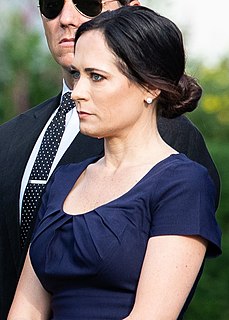A Quote by Robert Fisk
The biggest problem I have in journalism is being quoted or misquoted and then being asked to defend something I haven't said.
Related Quotes
Every interview is as much an impression of the journalist as it is the artist or subject. You look at interviews and you see a portrait of two people. The worst thing that can happen is if you're misquoted and then that quote is misquoted. That does drive one crazy. The most embarrassing thing is when your words are misrepresented or sometimes you say something stupid and you live to regret it.
I want to set up a new standard: ‘scientific journalism.’ If you publish a paper on DNA, you are required, by all the good biological journals, to submit the data that has informed your research—the idea being that people will replicate it, check it, verify it. So this is something that needs to be done for journalism as well. There is an immediate power imbalance, in that readers are unable to verify what they are being told, and that leads to abuse.

































